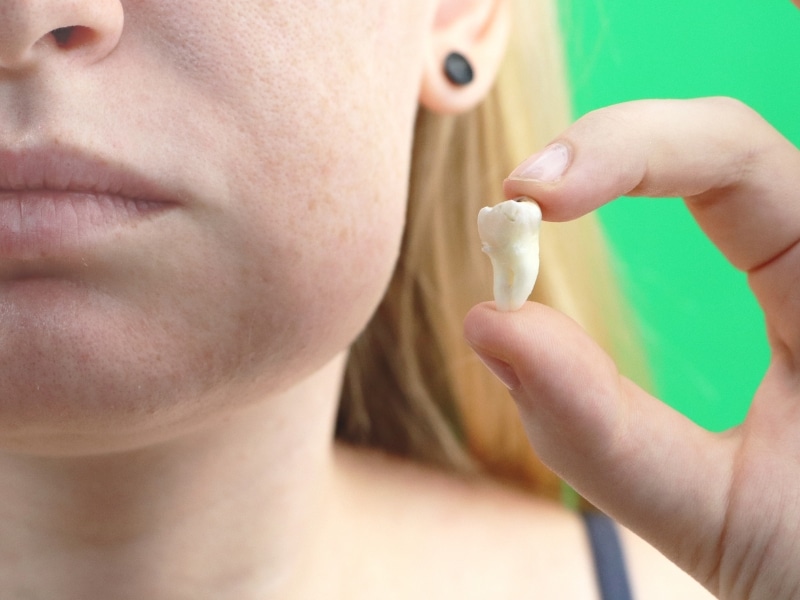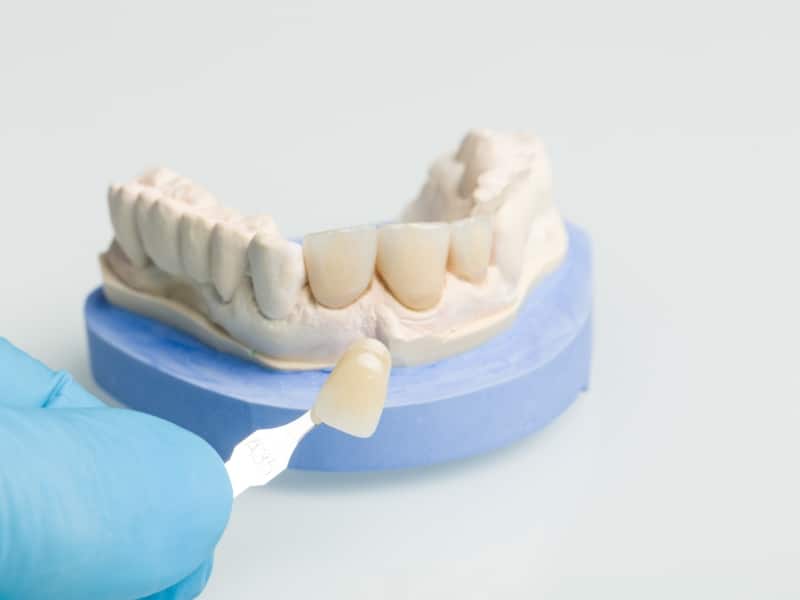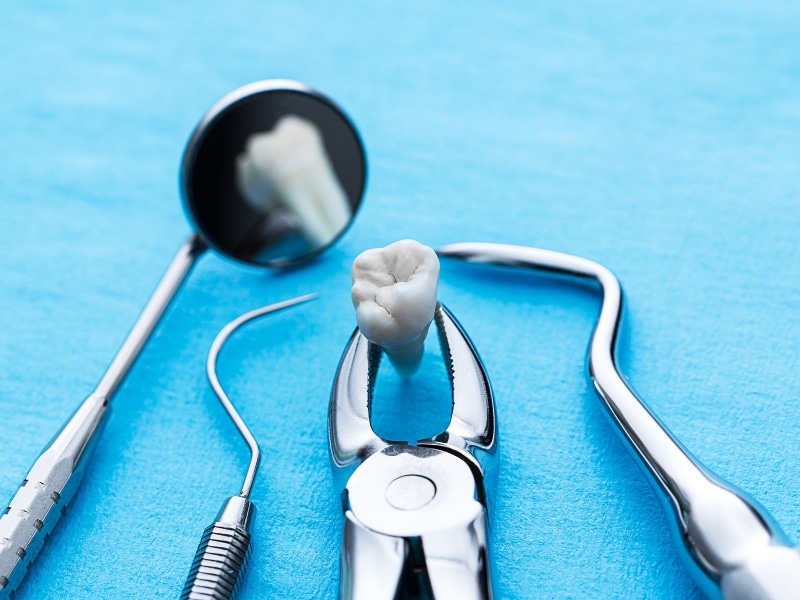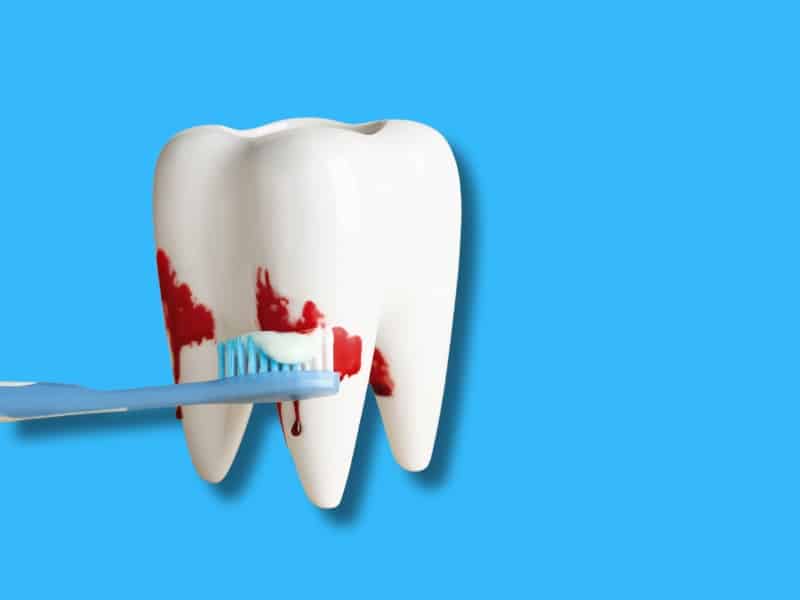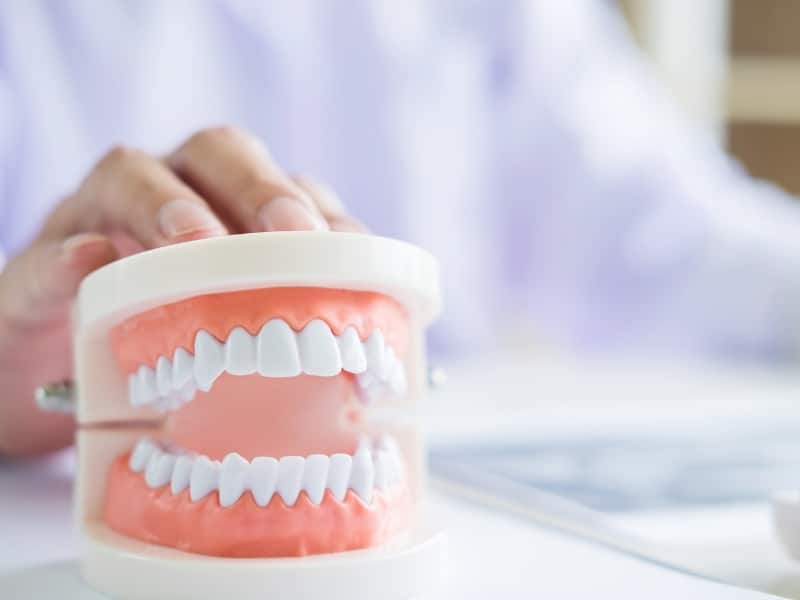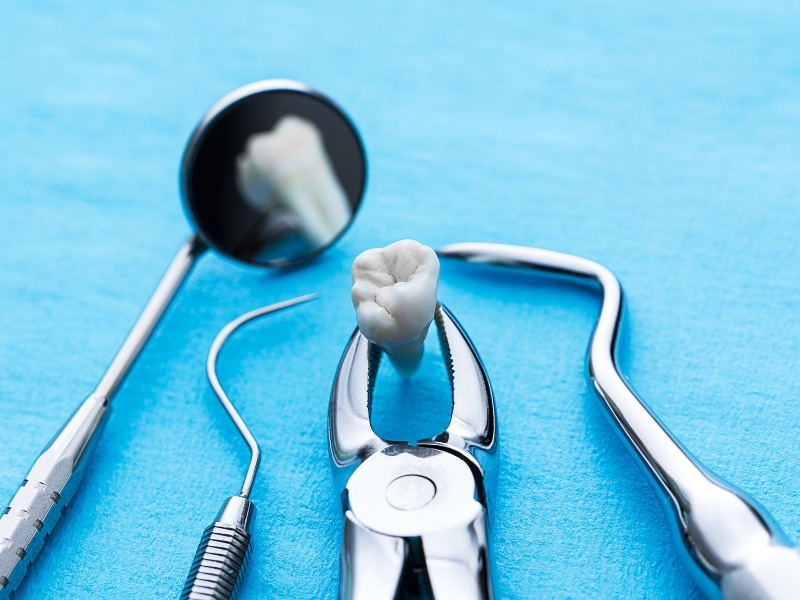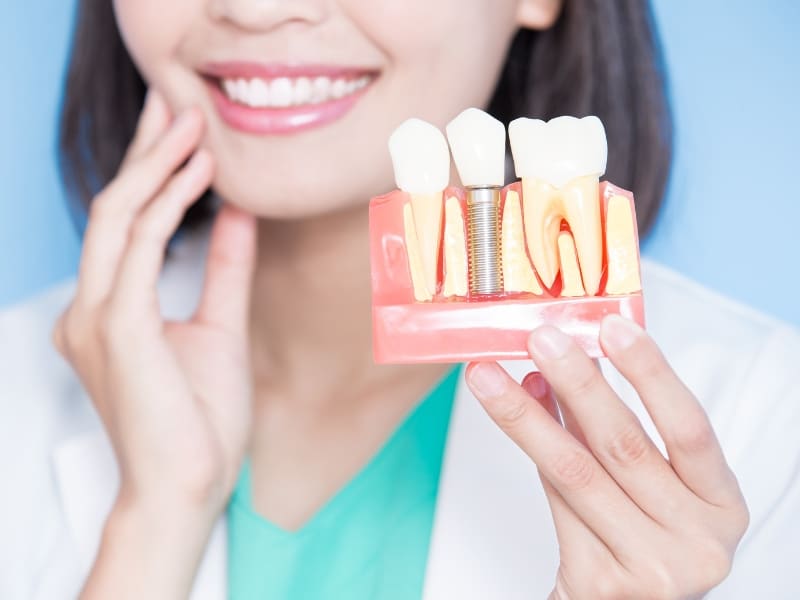When you have a tooth extracted, it’s normal to experience some swelling around the affected area. While swelling after dental extraction is usually a temporary and harmless part of the healing process, it can still be alarming for many patients. Understanding why this swelling happens, how long it lasts, and when it’s something to be concerned about can help you manage your recovery more effectively. This article will explore the common causes of swelling, ways to reduce it, and signs to look out for that may indicate complications.
What causes swelling after dental extraction?
Swelling after dental extraction is your body’s natural response to the procedure. After removing the tooth, your body initiates an inflammatory process to protect the site and promote healing. The leading causes of swelling include:
- Tissue trauma: When a tooth is extracted, the surrounding tissues—including your gums, jawbone, and soft tissues—are disturbed. This trauma leads to inflammation as part of the body’s healing process.
Blood clot formation: A blood clot forms in the extraction site to aid healing. As it develops, the clot may cause slight swelling in the surrounding tissues. - Increased blood flow: The body increases blood flow to the affected area to supply nutrients and oxygen needed for healing, which may result in visible swelling.
- Infection or abscess: Although rare, infection at the extraction site can cause severe swelling that may worsen over time.
- Post-surgical inflammation is the most common cause of swelling, as it occurs naturally due to the body’s immune response to the surgical procedure.
In general, swelling is a sign that your body is working to heal itself, and it is nothing to worry about unless it persists or worsens.
When does swelling peak, and how long should it last?
Swelling after a tooth extraction typically follows a predictable pattern. Knowing when to expect peak swelling can help you better manage the discomfort. Here’s what to expect:
| Time After Extraction | Swelling Status |
| 0–24 hours | Mild swelling begins |
| 24–72 hours | Swelling peaks |
| 3–5 days | Gradual reduction |
| 7–10 days | Almost completely gone |
While swelling is a natural part of recovery, if it doesn’t subside after a few days or worsens, it’s important to consult with your dentist.
Can swelling be a sign of infection or complication?
In most cases, swelling is a normal part of the healing process. However, excessive or persistent swelling could indicate complications, including infection. Here’s how to tell the difference:
- Prolonged swelling: If swelling lasts longer than a week or significantly worsens after the first 48–72 hours, it could suggest an infection.
- Severe pain: While some discomfort is expected, severe pain or a sharp increase in pain could signal an infection or dry socket.
- Pus or bad taste: If you notice a foul smell or taste in your mouth, it may indicate an infection at the extraction site.
- Fever: A fever, especially in combination with swelling, indicates an infection may be present.
- Bleeding: Uncontrolled bleeding that doesn’t stop after the first few hours could point to a more serious issue, requiring professional attention.

If you experience any of these symptoms, you must immediately contact your dentist or oral surgeon for evaluation and treatment.
Does every extraction cause swelling?
While swelling after a dental extraction is common, not everyone experiences it similarly. Factors that can influence the level of swelling include:
- Complexity of the extraction: Simple extractions tend to result in less swelling, while impacted teeth or multiple extractions can cause more severe swelling.
- Your health and healing ability: If you have certain health conditions, such as diabetes or a compromised immune system, you may experience more swelling or have a harder time healing.
- Age: As healing slows with age, older patients may experience more swelling or a longer recovery time than younger patients.
- Pain tolerance: Some people naturally have a higher pain tolerance and may not notice swelling as much. In contrast, others may find it more uncomfortable.
While some people may experience only minor swelling, others may need extra care to reduce inflammation.
Which mistakes can make swelling worse?
Some common habits and mistakes can exacerbate swelling after a dental extraction, especially considering the various factors affecting healing after tooth removal. To avoid making swelling worse, keep the following tips in mind:
| Activity | Effect | Consequence |
| Smoking | Impedes healing | Increased swelling, dry socket |
| Hot beverages | Increases blood flow | Worse swelling, bleeding |
| Strenuous activity | Raises heart rate, blood pressure | More swelling, delayed recovery |
| Poor oral hygiene | Increases infection risk | Severe swelling, infection |
| Ignoring post-care | Follows no aftercare instructions | Complications, delayed healing |
By avoiding these common mistakes, you can help ensure the swelling remains manageable and doesn’t hinder your recovery.
How can you reduce swelling after a tooth extraction?
You can take several steps to reduce swelling, manage discomfort following tooth extraction at home, and ensure a smoother recovery. Consider the following tips:
- Apply ice packs: Apply an ice pack wrapped in a cloth to your cheek near the extraction site for 15–20 minutes during the first 48 hours.
- Elevate your head: Sleeping with your head elevated using extra pillows can help reduce swelling by preventing blood from pooling in the area.
- Take anti-inflammatory medication: Over-the-counter medications, such as ibuprofen, can help reduce swelling and pain. Always follow your dentist’s recommendations on dosage.
- Avoid hot foods and drinks: During the first few days, stick to soft, cool foods and drinks to avoid aggravating the extraction site.
- Gargle with salt water: After 24 hours, gently rinse your mouth with warm salt water to reduce bacteria and prevent infection.
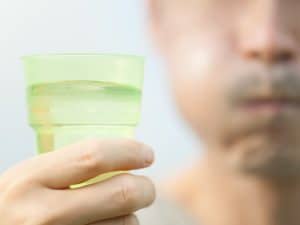
By following these steps, you can minimise swelling and promote faster healing.
Which aftercare practices help prevent complications?
Proper aftercare prevents complications and ensures a quick recovery after a dental extraction. Here’s a list of aftercare practices that can help:
- Rest: Avoid strenuous physical activities for the first few days to give your body time to heal.
- Avoid touching the extraction site: Do not touch or probe the extraction site with your fingers or tongue to prevent irritation and potential infection.
- Follow your dentist’s instructions: Your dentist will provide specific aftercare instructions, including medication schedules and dietary recommendations. Be sure to follow them closely.
- Attend follow-up appointments: Keep appointments with your dentist to ensure the extraction site is healing properly and no complications have arisen.
- Maintain good oral hygiene: Brush your teeth and rinse your mouth with salt water to keep the area clean.
Understanding the dental extraction process and these simple aftercare practices can help prevent swelling from worsening and ensure a smooth recovery without complications.
Conclusion
Swelling after a dental extraction is natural and common. Understanding why it happens, how to manage it, and when to seek help is crucial for a smooth and comfortable recovery. If you’re experiencing prolonged or severe swelling, it’s important to contact your dentist for professional advice and treatment.
Looking for a trusted dental care provider? Discover how Marsfield Dental Care can help you achieve a healthier smile.

